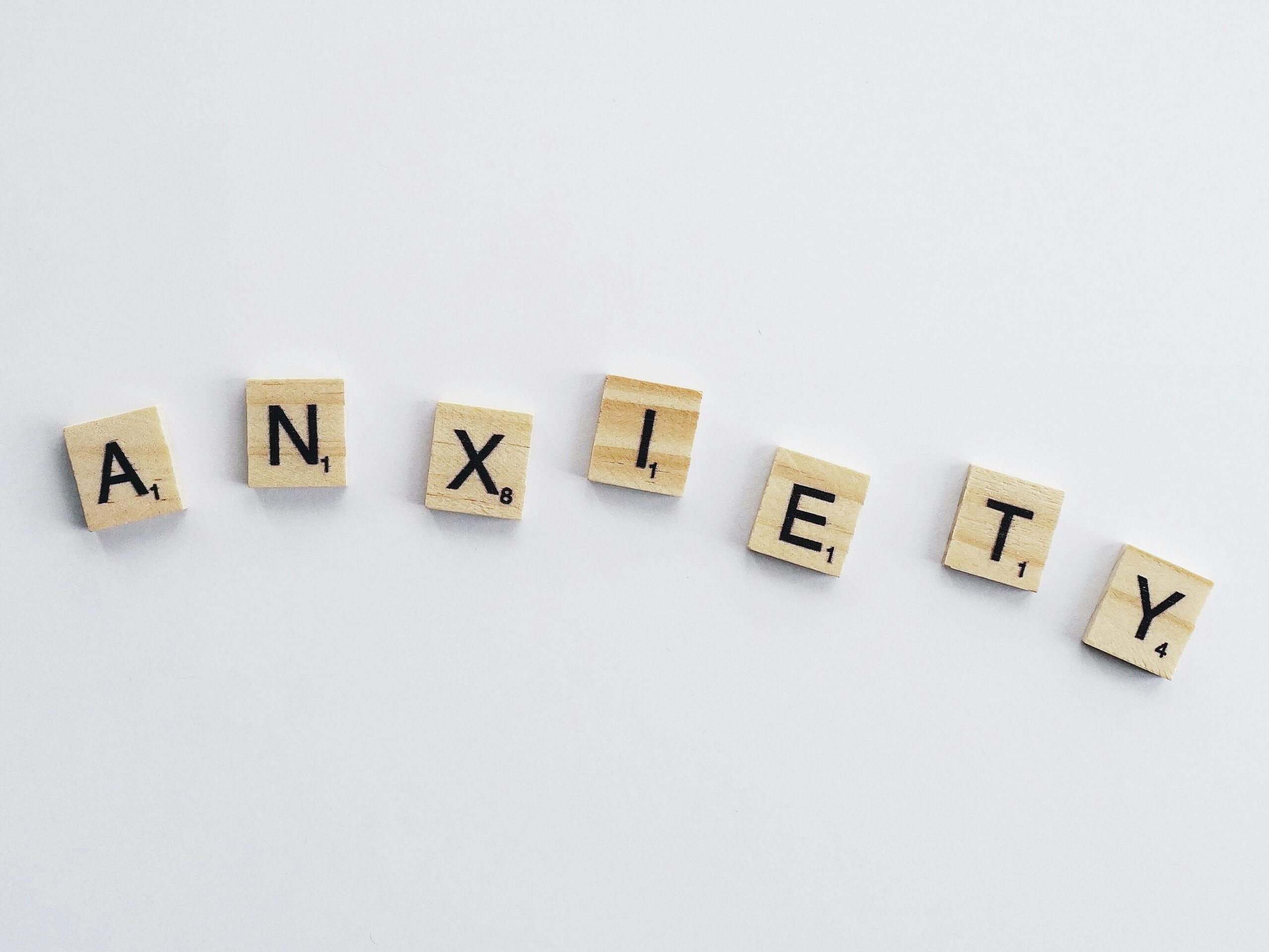Table of Contents
Introduction:
Agoraphobia is more than just the fear of being outside. It is a serious anxiety disorder that can significantly impact a person’s life. In this article, we will explore 7 proven strategies to overcome agoraphobia and help you regain control of your life. Understanding agoraphobia and how to manage it can be the first step toward freedom and emotional well-being.

What is Agoraphobia?
Agoraphobia is an anxiety disorder characterized by the fear of being in situations where escape may be difficult or help unavailable if things go wrong. This often leads to avoiding certain places or situations, such as crowded areas, public transport, or even leaving the house. People with agoraphobia may feel trapped or vulnerable in these environments, which can lead to isolation and emotional distress.
Causes and Risk Factors of Agoraphobia
Several factors contribute to the development of agoraphobia. These include:
- Genetics: A family history of anxiety disorders can increase the risk.
- Trauma or Stress: Stressful life events, such as the loss of a loved one or a traumatic experience, can trigger agoraphobia.
- Panic Attacks: Many individuals with agoraphobia develop the disorder after experiencing frequent panic attacks, which cause a fear of future attacks.

Symptoms of Agoraphobia
The symptoms of agoraphobia can vary from person to person, but some common signs include:
- Excessive anxiety in public places or crowded areas.
- Avoidance of certain situations or places, like public transport or shopping malls.
- Physical symptoms such as dizziness, sweating, and rapid heartbeat when confronted with feared situations.
- Dependence on others to feel safe when leaving the house.

7 Proven Strategies to Overcome Agoraphobia
- Cognitive Behavioral Therapy (CBT)
CBT is one of the most effective treatments for agoraphobia. It helps individuals identify negative thought patterns and replace them with healthier coping mechanisms. Through CBT, people can learn to confront their fears in a gradual and controlled way. - Gradual Exposure Therapy
This involves slowly exposing yourself to feared situations. The exposure is done in small, manageable steps, which helps reduce anxiety over time. Starting with less intimidating situations and working up to more challenging ones can help reframe the experience of anxiety. - Medication
Medications such as antidepressants or anti-anxiety drugs may be prescribed to help manage symptoms. These can be particularly useful for individuals who experience severe anxiety or panic attacks. - Mindfulness and Relaxation Techniques
Practicing mindfulness and relaxation techniques like deep breathing or meditation can help reduce anxiety. These practices encourage the person to stay present and focus on calming their mind and body. - Support Groups
Joining a support group for agoraphobia can provide emotional support and a sense of community. Sharing experiences with others who understand can be incredibly beneficial for managing the condition. - Lifestyle Changes
Regular physical activity and maintaining a healthy diet can improve mental health and reduce anxiety. Exercise has been shown to release endorphins, which help improve mood and reduce stress. - Professional Help
Seeking professional help from a therapist or counselor specializing in anxiety disorders can provide you with the tools and resources needed to manage agoraphobia effectively.

Conclusion:
Overcoming agoraphobia is a journey, but with the right strategies and support, it is possible to regain control of your life. By incorporating techniques like CBT, exposure therapy, and relaxation methods, you can begin to challenge your fears and experience greater freedom. If you’re struggling with agoraphobia, consider seeking help from a professional who can guide you through the recovery process. If you need more information or help with your health journey, feel free to contact us at Health Authentica.









